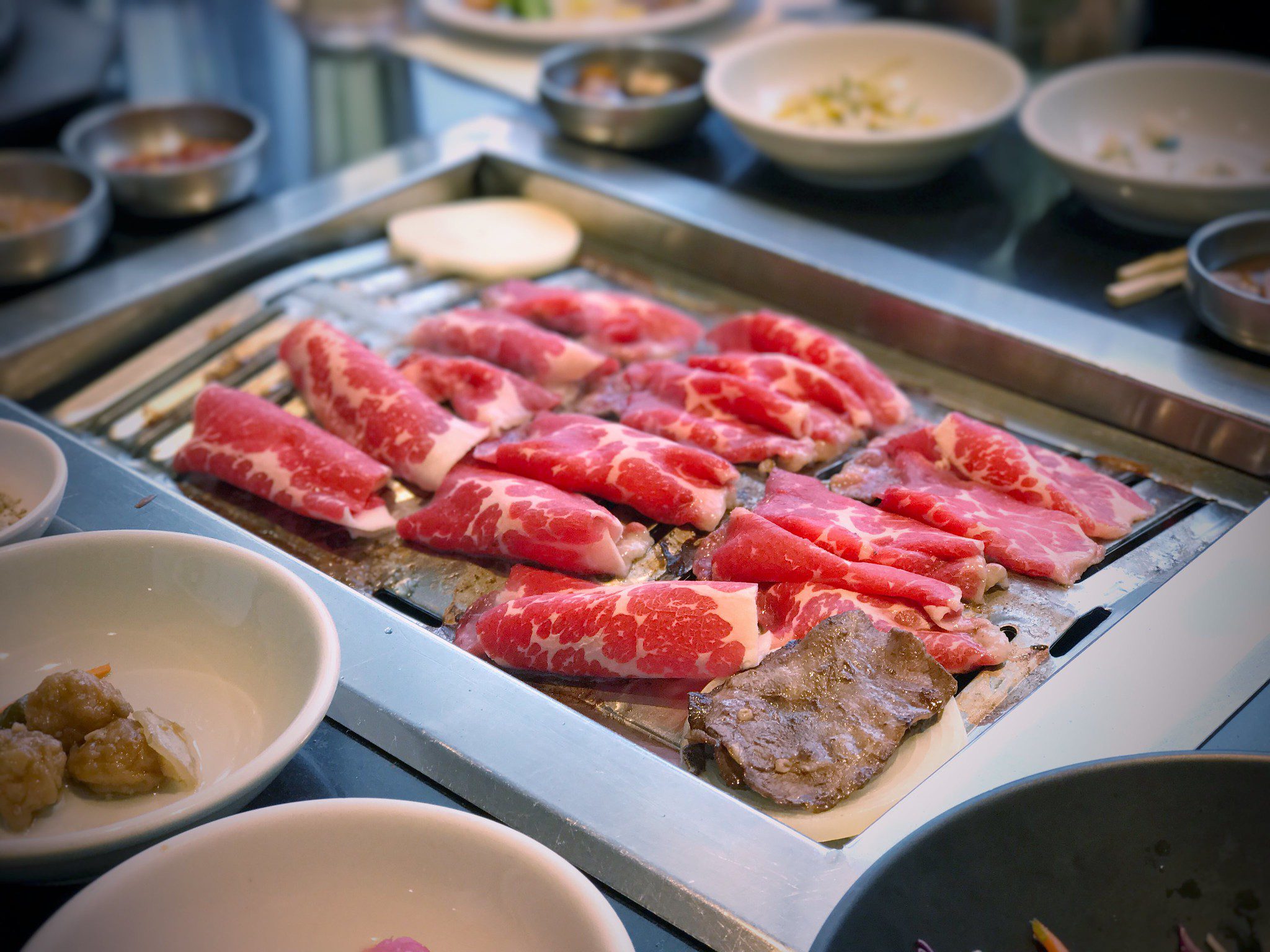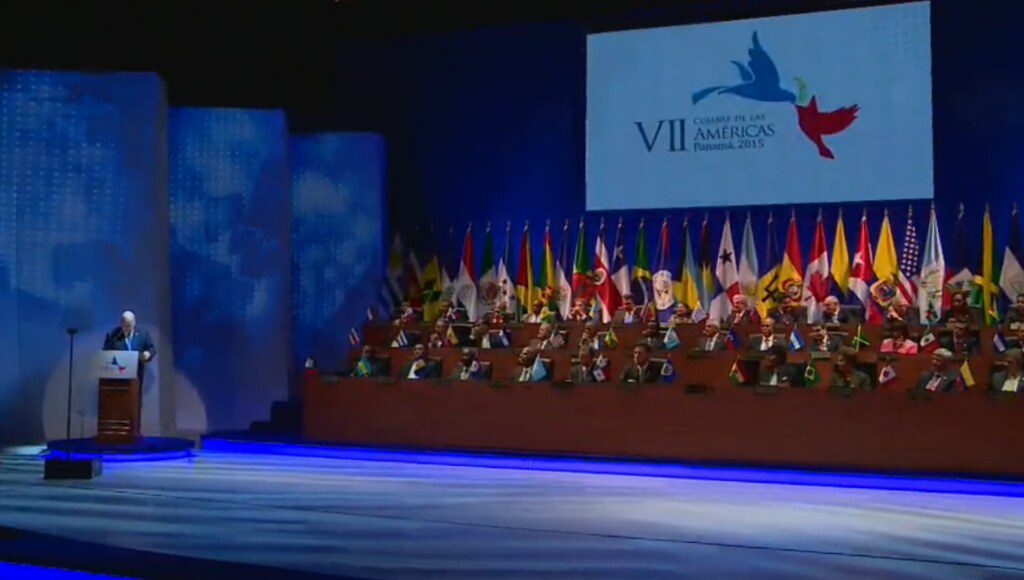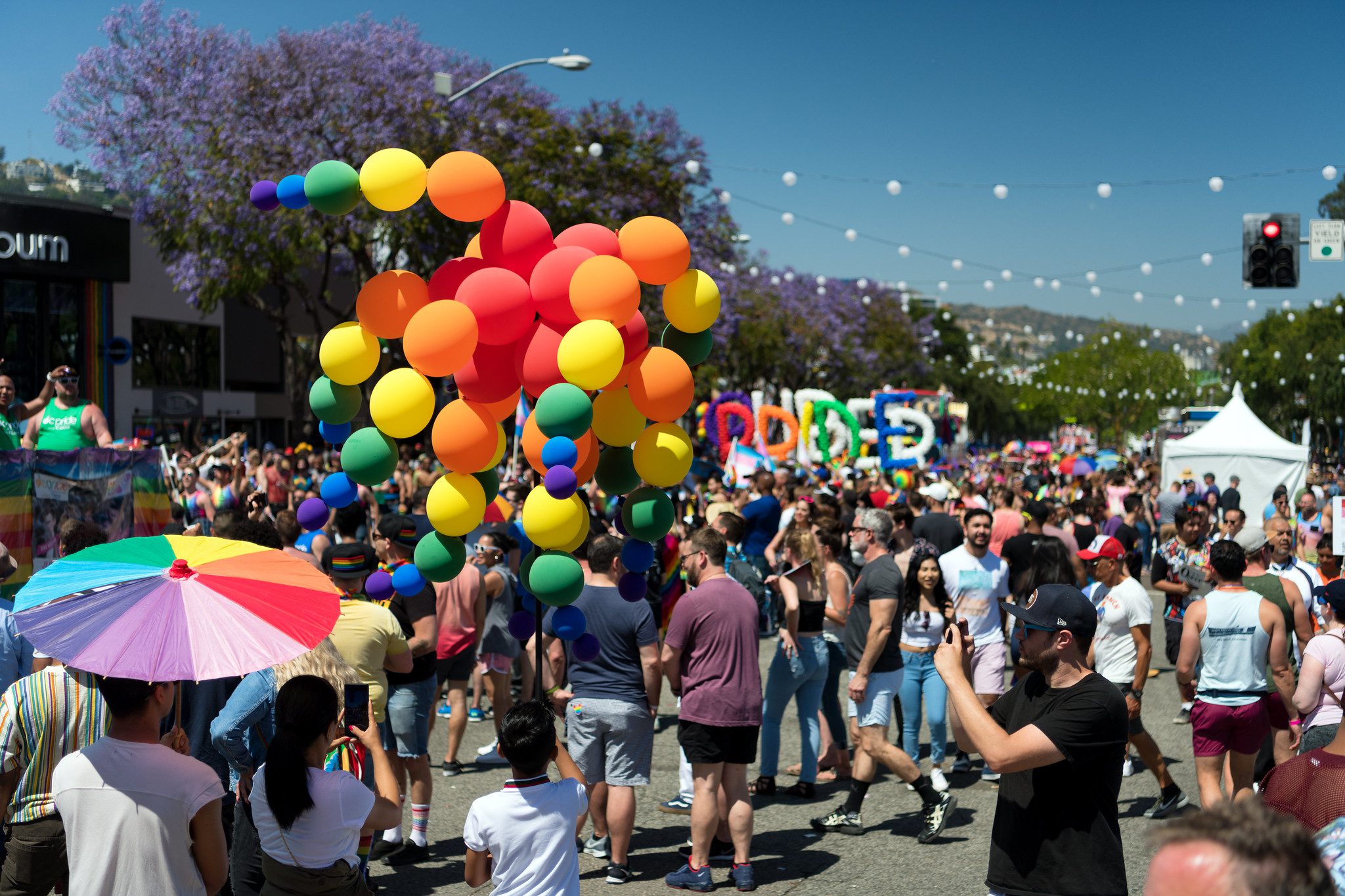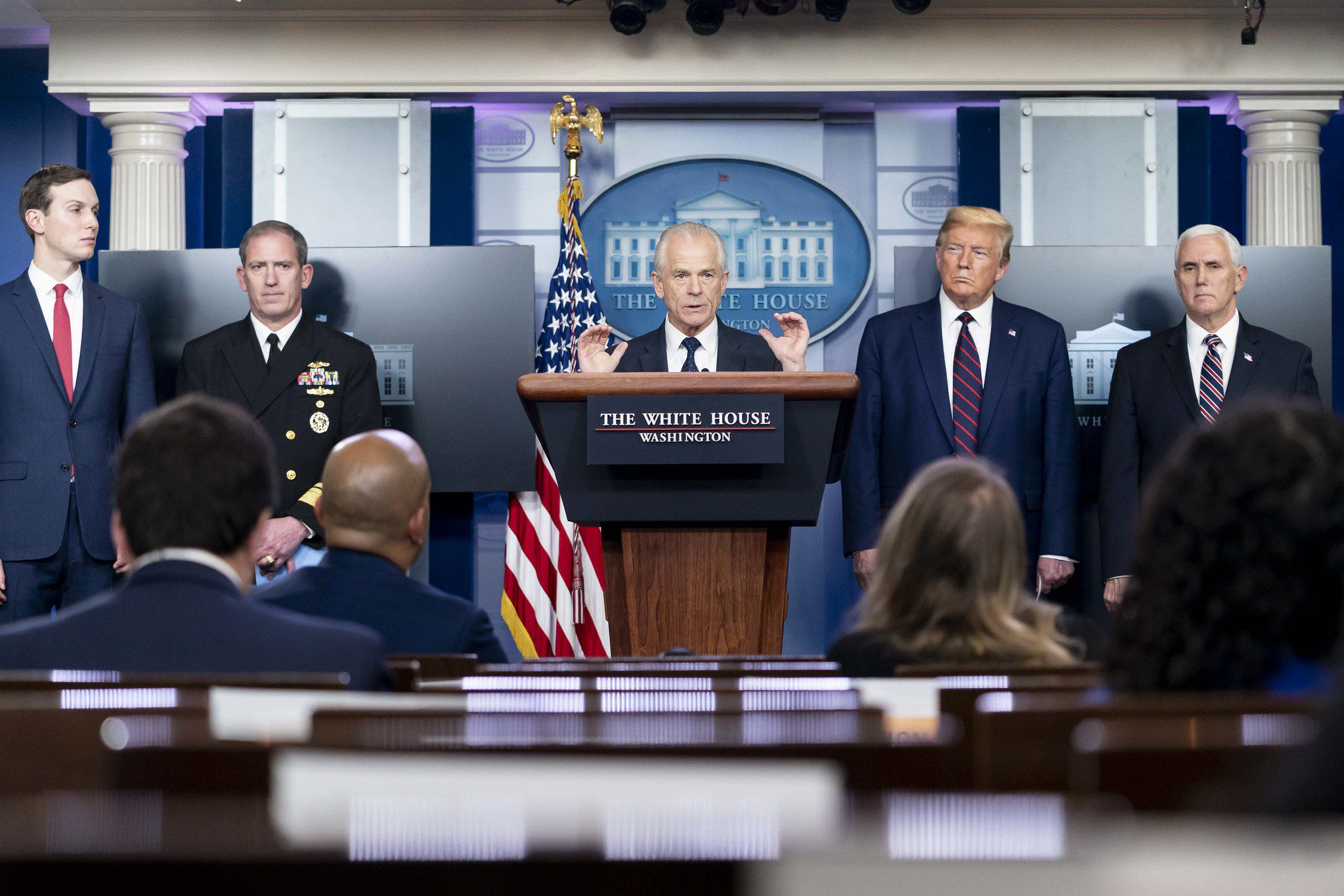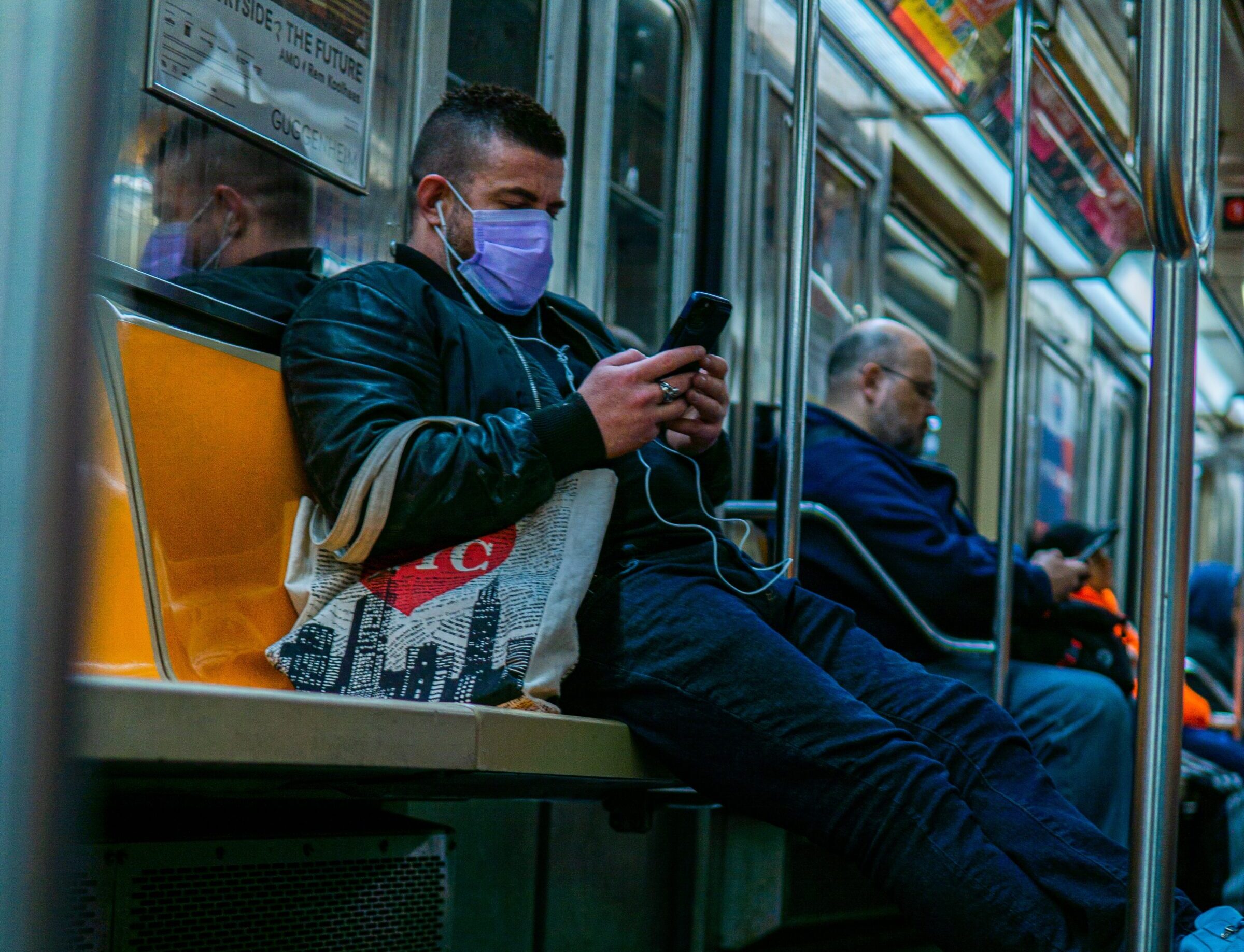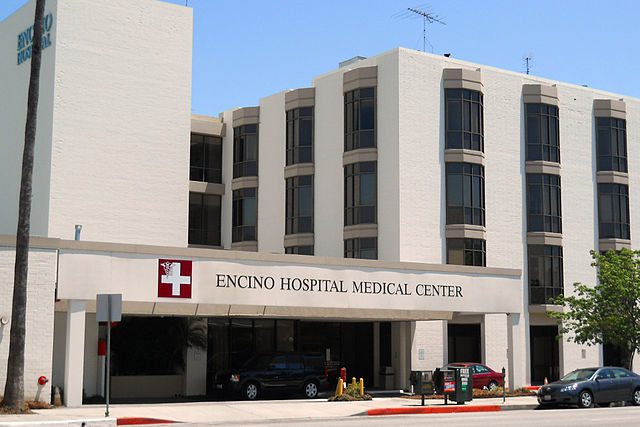Everyone’s got something different to say about Los Angeles — it’s expensive, there are too many people, there’s lots of crime, so forth.
Despite its many detractors, though, Los Angeles is known for having one of the most diverse food scenes in the country. Driving a couple of miles in almost any direction will certainly provide you with some different kinds of cuisine to sample.
However, one major change will shake up L.A.’s food culture very soon.
According to a Los Angeles Times article, as of last week, the Los Angeles City Council passed a motion that will begin to phase out buildings that use mostly natural gas. By Jan. 1, 2023, a regulatory framework or ordinance must be in place for residential and commercial buildings. The motion itself is another step towards the carbon neutrality initiative that the city hopes to achieve by 2045.
The change to something as fundamental as how we’ll be able to heat and cook food is going to force massive changes for everyone, especially restaurants. Korean barbeque and other types of Asian cuisine, in particular, rely on gas-powered stoves to achieve their particular flavor.
When comparing gas stoves to electric stoves, the differences lie in how quick and precise heat can be controlled. Because of this, many businesses are adverse to the change, as it will fundamentally change how dishes are prepared.
Aside from drastic changes in food culture, Los Angeles’ has an incredibly active nightlife, as evidenced by “What the Float” appearing in Koreatown last September.
In the same article, many business owners expressed concerns about how their dishes would be affected by the upcoming changes. Leo Lee, an owner of RiceBox, a Cantonese BBQ restaurant, expressed his frustrations with the motion when speaking to the Los Angeles Times.
“The wok itself is really essential to Asian cuisine,” Leo said. “By taking gas away, you’re telling us we cannot use woks anymore, essentially taking away our identity and heritage. It forces us to adapt to American culture.”
Woks are known for being “seasoned” over an open flame, by creating a layer that allows for non-stick cooking in the pan. Judging by the comments of owners like Lee, it seems doubtful that the same can be achieved with an electric stove.
The hundreds of Korean BBQ locations across Los Angeles will certainly be affected by this in the future, as all of their meats are grilled over an open flame. Ryan Park, general manager of Park’s BBQ in Los Angeles, seconded Lee’s concerns and expressed the necessity of gas stoves in his line of work.
“The tabletop gas grill is an important part of our Korean food culture. It’s connected to the taste of the food and how we grill the meat,” Park said.
Nearly every dining establishment — whether it be Asian cuisine or beyond — throughout Los Angeles uses some sort of gas grill to prepare meals. The motion, while attempting to be environmentally conscious, is certainly expected to ripple through the food culture of the city in the near future.
In a statement to the Los Angeles Times, Councilmember Nithya Raman, the lead author of the motion, expressed, “The passage of this legislation kick-starts a process with several stages before full implementation. Ultimately, it’s too early to say what the impact on commercial kitchens will be.”

